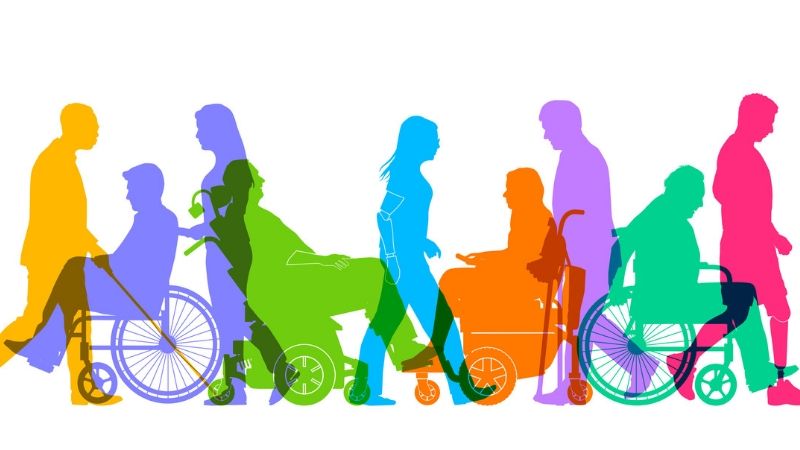A new data tool from Johns Hopkins University helps people with disabilities determine their eligibility for the COVID-19 vaccine and compares how states are prioritizing the disability community in their vaccination plans. The website, designed and run by researchers, students, and disability advocacy groups, aims to not only help the disability community stay informed and ultimately vaccinated, but also to provide policymakers with data to help improve the health care system.
The COVID-19 Vaccine Prioritization Dashboard can be accessed here: https://disabilityhealth.jhu.edu/vaccine/.
“There have been persistent gaps in the pandemic response for the disability community, starting with testing and reflected in the vaccine rollout,” said Bonilynn Swenor, director of the Johns Hopkins Center for Disability Health Research and associate professor of ophthalmology at the Johns Hopkins Wilmer Eye Institute at the Johns Hopkins University School of Medicine. “As members of the disability community, we understand the need to use data to empower stakeholders and policymakers.”
The idea came from Sabrina Epstein, a fourth-year student at Johns Hopkins University, who has Ehlers-Danlos syndrome (EDS), a genetic connective tissue disorder that puts her at high risk for severe illness from COVID-19. Because EDS is considered a rare disease, it isn’t listed as a high-risk chronic condition for vaccine priority, making it difficult for Epstein to determine when she’ll be able to get vaccinated.
“I was trying to sign up for my grandfather’s vaccine in Texas, but I realized that he’s already eligible in Texas because of a chronic condition, but not yet eligible in Maryland. We’re still waiting,” said Epstein, a public health major. “Through my experience, I realized that many people are in the same situation and there’s a lot of confusion. I want to use this tool to help people find out if they, their family and friends are eligible to get vaccinated in their state so they can get started on their outreach efforts.”
The university’s Disability Health Research Center created the dashboard in collaboration with the Disability Dignity Medical Center.
The tool is updated weekly.
Swener will be available for an interview.
Source link

